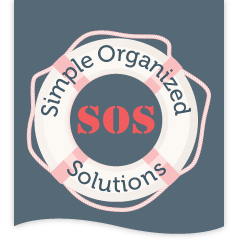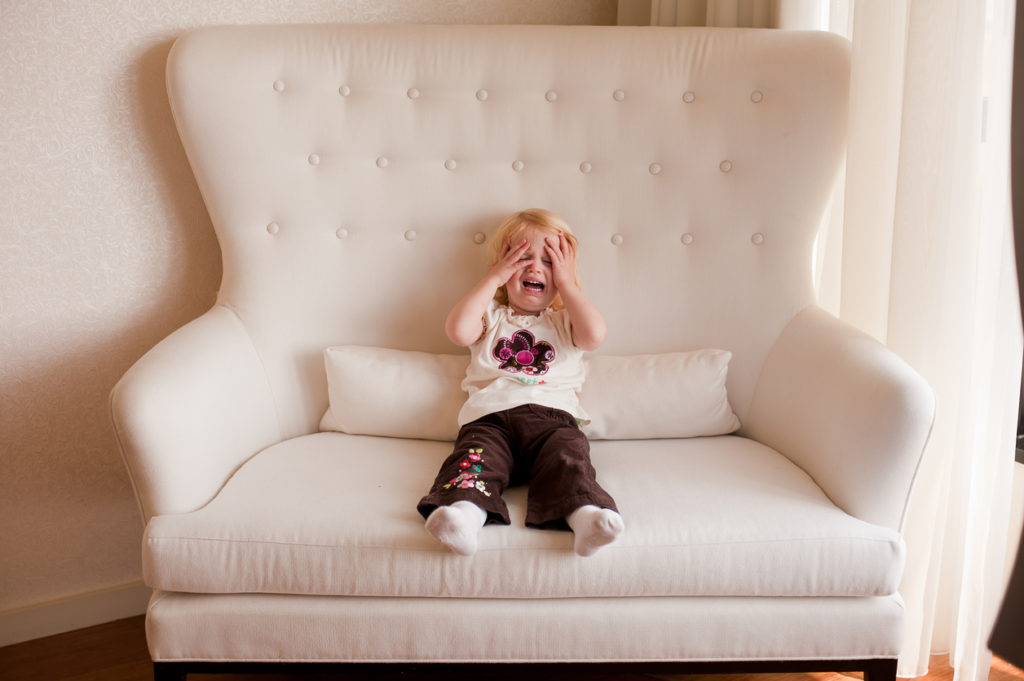Oops! They’re on top of my head. Now how did they get there? No, you’re not losing your mind. You were probably just so engrossed in what you were doing that you didn’t even notice you put them there. We all spend time looking for misplaced items, some more than others. Even the most organized people forget things on occasion.
Ever walk into a room and forget why you came in there? That happens to me a lot, and it drives me crazy. I would wonder if it’s just that I’m getting older and my memory isn’t so good anymore. Not that it was ever really good to begin with. A very dear friend recently sent an email to me about this predicament. It’s called ‘The Door’. It says that psychologists at Notre Dame University have discovered that passing through a doorway triggers what’s known as an event boundary in the mind, separating one set of thoughts and memories from the next. Your brain files away the thoughts you had in the previous room and prepares a blank slate for the new locale. Good to know it has nothing to do with age.
Are you good at remembering someone’s name that you just met? This has always been a problem for me. As much as I would try to remember, their name would always escape me when I needed to use it. And they would always seem to remember mine. Apparently I’m not the only one, so when someone would ask for my name again, I felt a sense of relief.
There are some things you can do to help your memory work better for you. Here are just some points to consider that will keep your thoughts on track so you can remember all those important things.
Be in the moment
Think about what you’re doing at the very moment you’re doing it. By doing this, you are giving your brain the ability to register the action, encode it and store it away for later retrieval. Forget about multi-tasking, it’s been proven to be non-productive. If you are doing multiple things at one time, one of those things will surely suffer. The only time it works is when you are doing mundane things like filing your nails while watching television.
Reminders
Notes, labels, and audible alerts are all examples of reminders. There is so much going on in our lives and reminders are great tools to help us remember the things we need to know, when and where we need them.
Putting it back where it belongs
A place for everything, and everything in its place. Homes for items have to make sense to you so you can remember where to put an item after you’re done using it.
Association
Association with another person or thing is a great tool for remembering. When you meet someone, think of someone you know with the same name to help you remember your new acquaintance. Assigning homes to items that are the same, or similar is another way to use association as a means to remember where your things belong.


